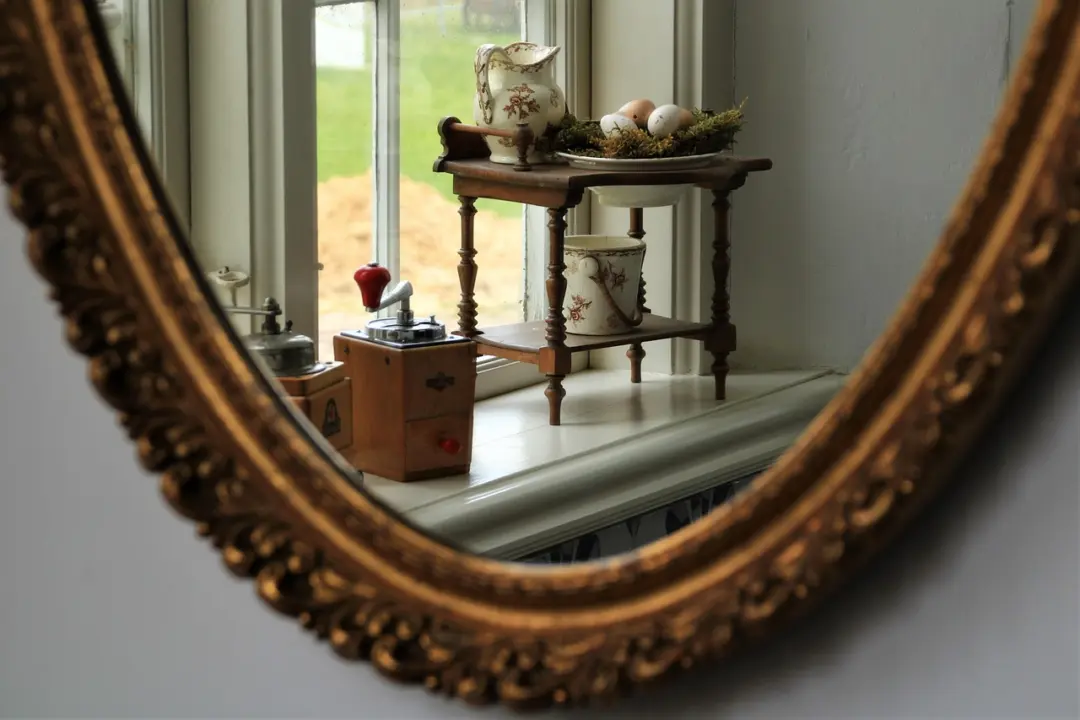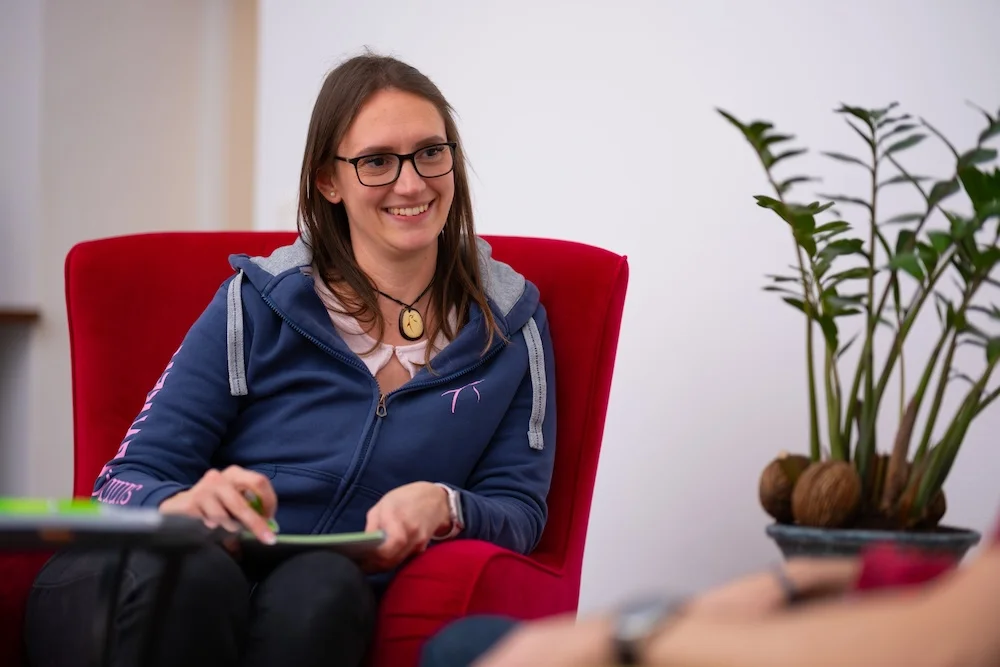Sensational greed satisfaction in the media
Oh yes! I am sensationalist! Very much so! Just perhaps a little differently than the Austrian media landscape expects of me. I’m greedy for positive sensational news. This morning on the ‘Frühstück bei mir’ programme, Manfred Deix actually says that he has been happy with his wife for 50 years (!). In the interview with Mrs Stöckl, he describes how he is still interested in every sentence his wife says and that he is still in love with her ‚like a young capercaillie‘. Isn’t that marvellous?
And what does Mrs Stöckl do? She follows up with the question: „And what was the biggest crisis in your relationship?“ Wow – I thought to myself. What a break. Someone dared to report something positive publicly on the radio. Of course, you can’t leave it like that – after all, the public is hungry for sensationalism.
I am firmly convinced that our world is much better than the media would have us believe. There are far more beautiful and impressive human things that should be reported.
Barbara Fredrickson, a proponent of positive psychology, has proven in several studies that focussing on the positive things in life not only makes us happier and more satisfied but also healthier. Imagine what it would mean for Austria’s economy in the long term if only positive messages were broadcast. My children would no longer have to cover their ears at breakfast, as they do now when the news once again reports in great detail exactly how a man killed his wife and three children. Is that really what interests Mr and Mrs Austria?
Admittedly: Perhaps it is boring in the long run to hear how yet another kitten was rescued from a tree in Simmering. Stories about signs of humanity and willingness to help in war zones, about positive educational measures – which, by the way, exist in abundance in our schools, but nobody reports on them – or about people who have regained their courage after suffering severe blows of fate would be sensational news of a different kind.
They would encourage us, remind us of what makes our world worth living in and give us ideas on how we can contribute to a healthy and happy society. In my mind’s eye, I can see people smiling as they leave the house in the morning, greeting each other on the street and walking with vigour. Robert Kratki would proclaim „Monday – Monday – taramtatatatam! At last, it’s that time again. A new week has begun and with it a new chance to do good and be happy! Call us right now, my dear listeners, and tell us what you are most looking forward to this working week!“
This is what my dream looks like. I’m sure I’m not dreaming it alone. And I would like to start publicizing my dream in the hope that many others will do the same. Perhaps the media will take notice at some point and recognize their opportunity to help make Austria healthier, happier and more successful. And maybe – yes, maybe – we could even become a role model for our neighbouring countries and then for Europe and then…
Let’s start looking for the positive small and large sensations in ourselves and our circle of friends and tell others about them. The rest will follow…




